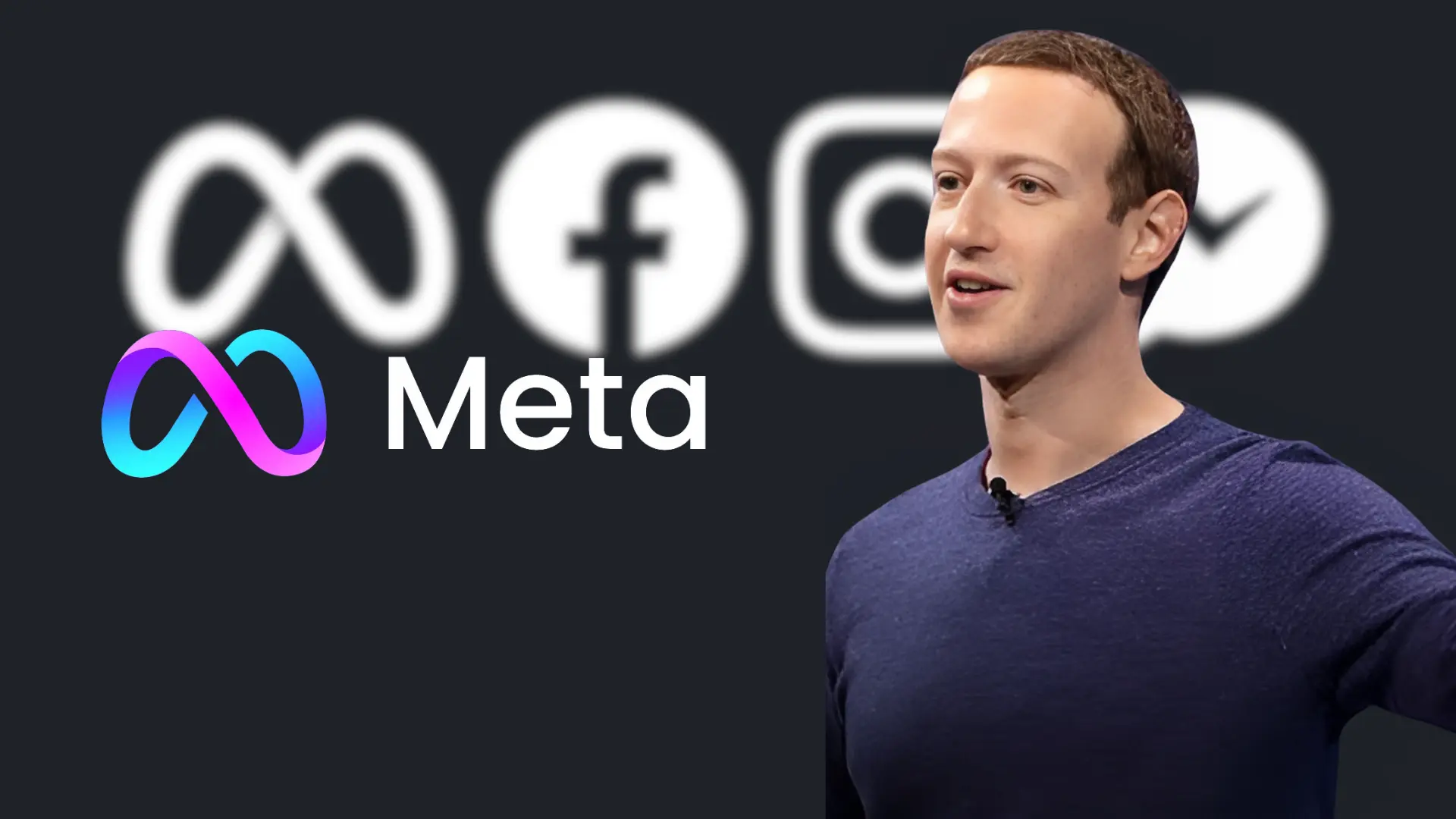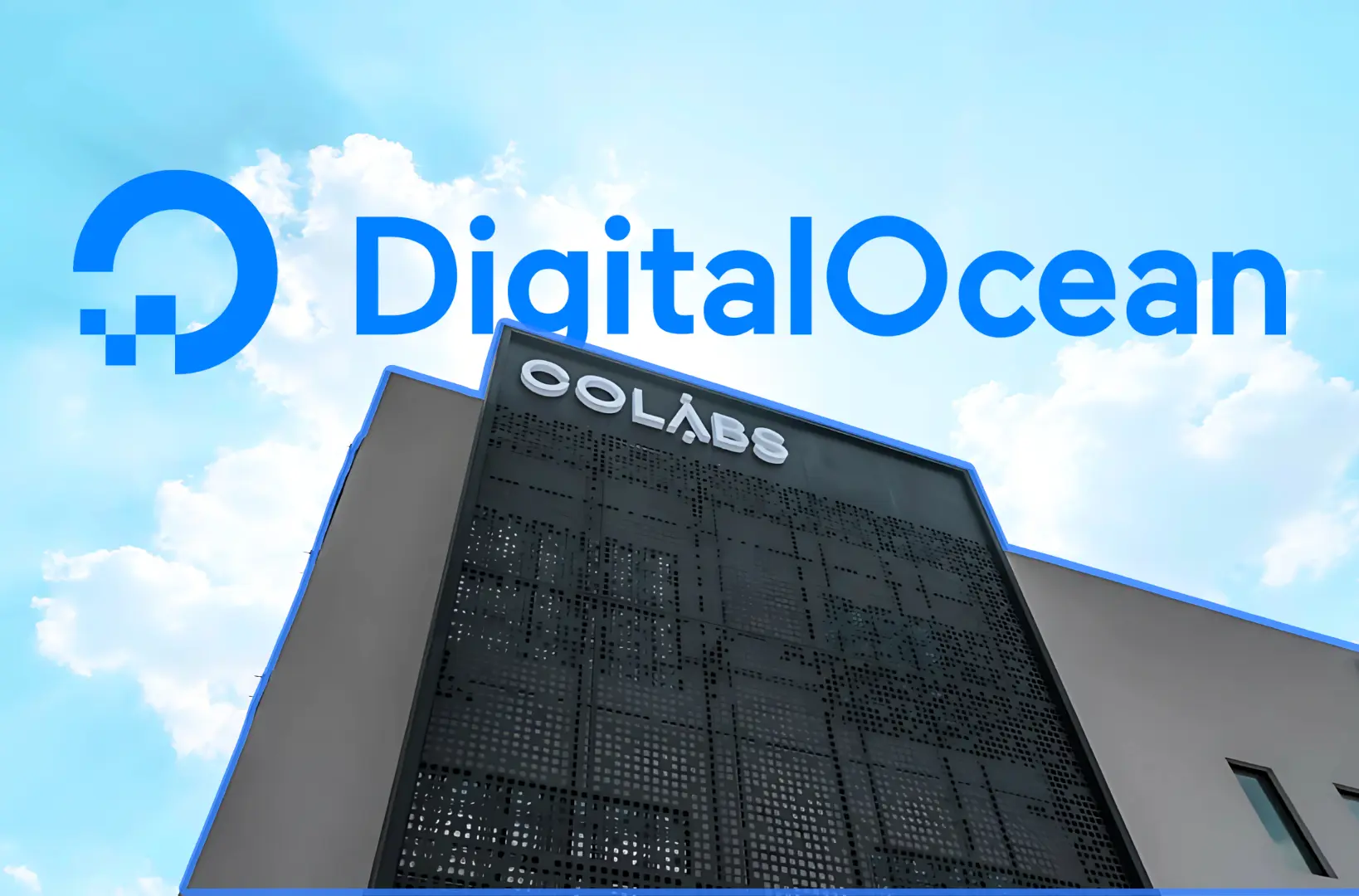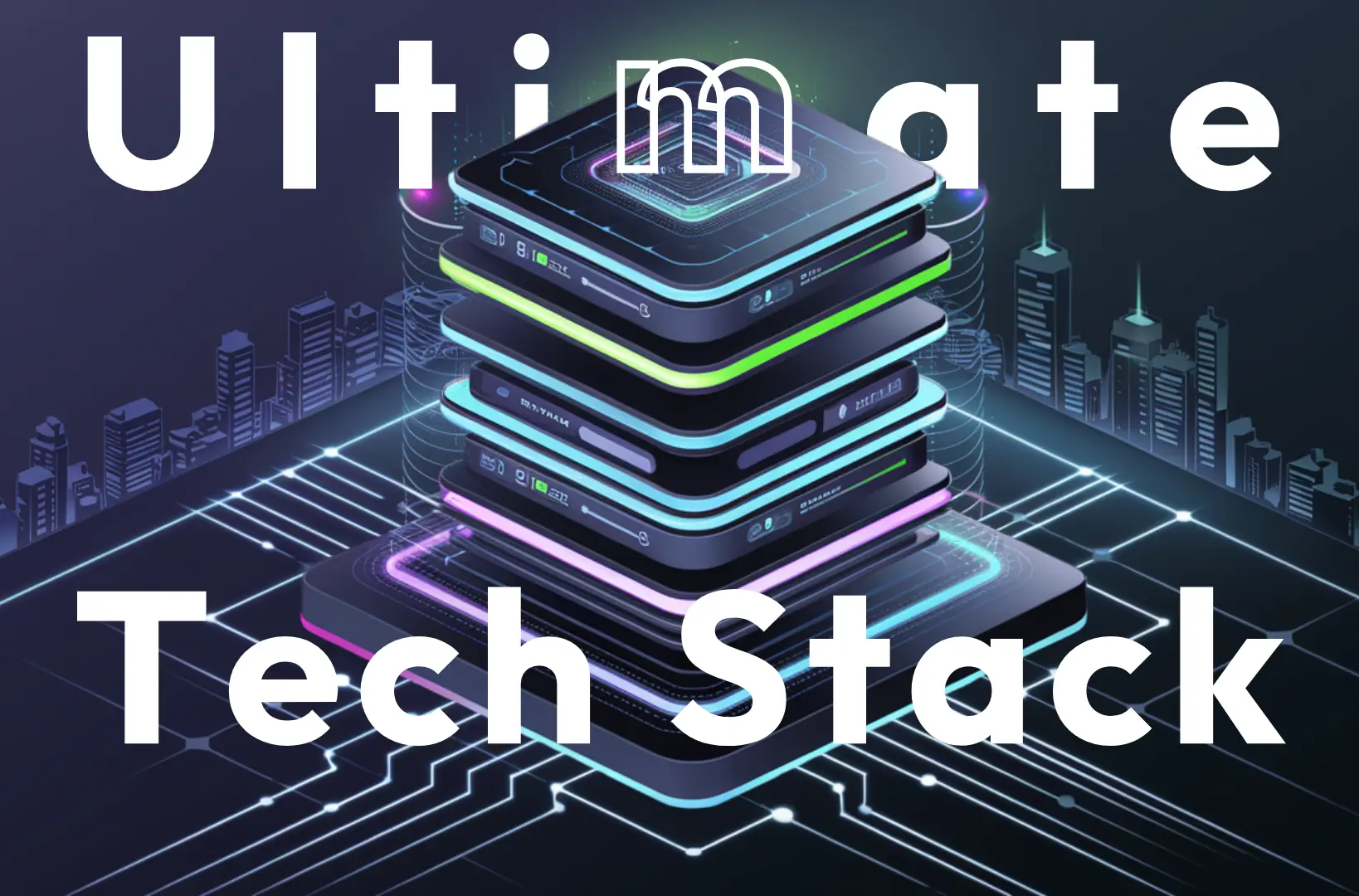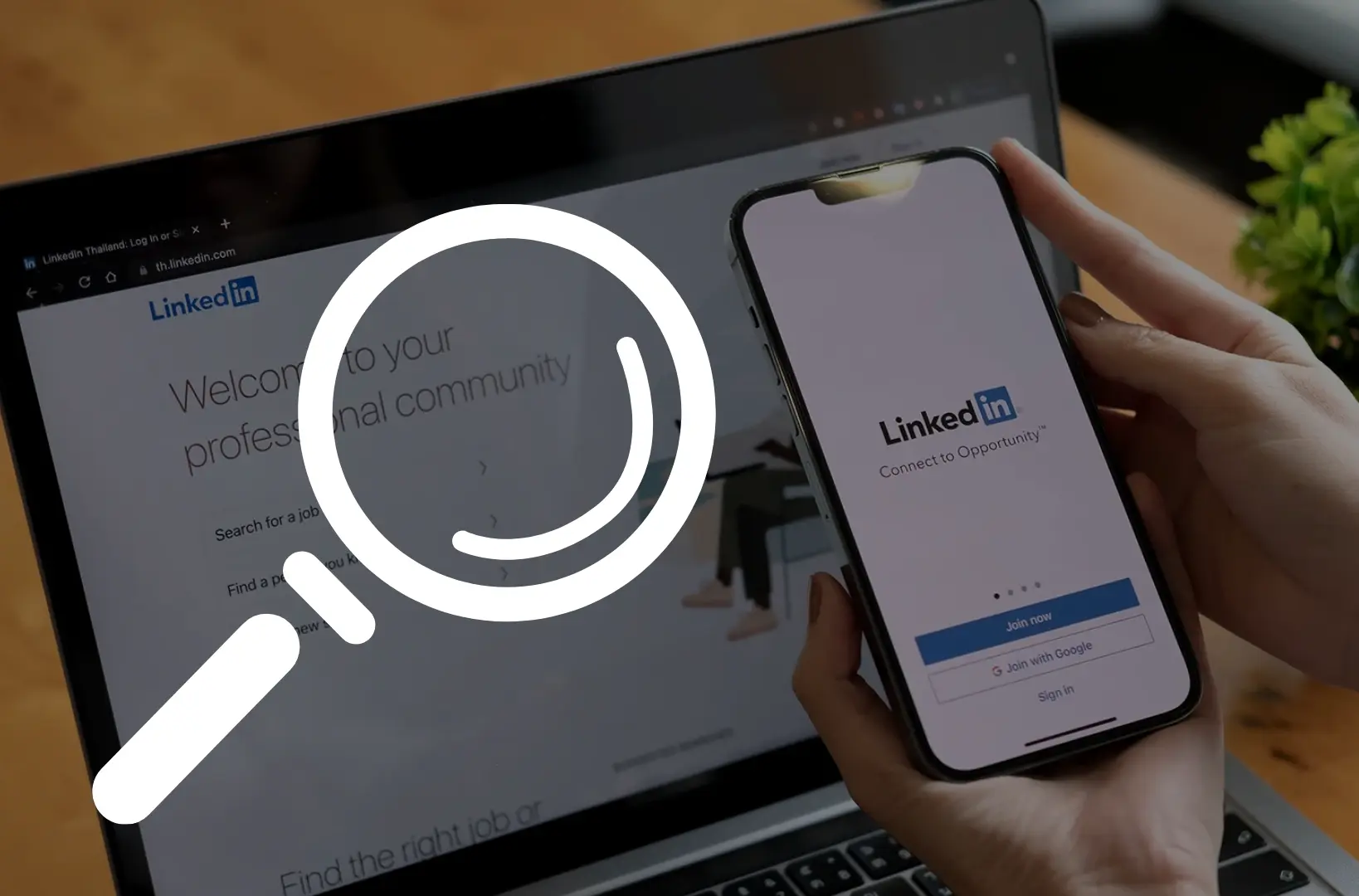Mark Zuckerberg, CEO of Meta, has made a striking prediction that artificial intelligence (AI) will replace mid-level engineering roles at the company by 2025. This statement underscores the rapid evolution of AI technologies and raises questions about their implications for the workforce, not only at Meta but across the tech industry as a whole. As companies increasingly leverage AI to enhance productivity and reduce operational costs, this bold forecast signals a profound shift in how organizations may function in the near future.
The Growing Role of AI in Engineering
AI has evolved from a futuristic concept into a practical tool that is reshaping industries. In software engineering, AI technologies like OpenAI’s Codex, GitHub Copilot, and Google’s Bard are revolutionizing how code is written, debugged, and optimized. These tools enable developers to automate repetitive tasks, analyze vast datasets, and even generate code snippets based on natural language prompts. By reducing the time and effort required for mundane tasks, AI is freeing engineers to focus on more complex challenges.
Zuckerberg’s prediction builds on this momentum. At Meta, AI has already been integrated into various workflows, from optimizing infrastructure to enhancing user experiences. By 2025, the company envisions AI taking over mid-level engineering tasks, such as code maintenance, bug fixing, and implementing standard features. These roles often involve structured, repetitive work areas where AI excels.
Why Mid-Level Engineers Are Particularly Affected
Mid-level engineers occupy a critical position in tech companies. They bridge the gap between junior developers, who are still learning, and senior engineers, who focus on high-level design and strategy. Mid-level roles often involve tasks like:
- Debugging and troubleshooting code
- Maintaining and improving existing systems
- Implementing moderately complex features
- Reviewing code and ensuring compliance with best practices
These responsibilities require technical expertise but are generally well-defined and predictable. AI tools are particularly suited to handle such tasks because they can:
- Analyze vast amounts of data quickly
- Identify patterns and anomalies
- Generate solutions based on predefined parameters
By automating these functions, Meta aims to increase efficiency and reduce costs. However, this shift raises important questions about the future of mid-level engineering roles.
The Implications of AI on the Workforce
While the integration of AI promises significant benefits, it also presents challenges for the workforce. Here are some of the key implications:
1. Job Displacement
The most immediate concern is job displacement. If AI replaces mid-level engineering roles, a significant portion of the workforce could find their skills redundant. This could lead to layoffs or force engineers to transition to new roles that require different skill sets. For those unable to adapt, the impact could be severe.
2. Shift Toward Specialized Roles
As AI takes over routine tasks, engineers will need to focus on areas where human ingenuity is irreplaceable. This includes:
- Designing innovative system architectures
- Developing new algorithms and frameworks
- Addressing ethical and societal implications of AI
These roles require creativity, critical thinking, and a deep understanding of complex systems qualities that AI currently lacks.
3. The Need for Upskilling
To remain relevant in an AI-driven landscape, engineers must upskill. This could involve learning new programming languages, mastering AI and machine learning techniques, or gaining expertise in specialized domains like cybersecurity or quantum computing. Companies like Meta may need to invest in training programs to help their employees transition to these new roles.
4. Impact on Employee Morale
Announcements about AI replacing jobs can create anxiety among employees, leading to lower morale and productivity. Meta and other companies will need to manage this transition carefully, emphasizing transparency and providing support to affected workers.
The Ethical and Practical Challenges of AI Integration
While AI offers numerous advantages, its widespread adoption also raises ethical and practical challenges. Companies like Meta must address these issues to ensure a smooth transition.
Bias in AI Systems
AI systems are only as good as the data they are trained on. If the training data contains biases, the AI will replicate and potentially amplify those biases. In engineering, this could lead to flawed code, unfair decision-making processes, or exclusionary practices.
Accountability and Oversight
Who is responsible when AI-generated code fails? This question has significant legal and ethical implications. Companies must establish clear accountability frameworks to address issues arising from AI-driven engineering.
Balancing Efficiency with Human Oversight
While AI can handle many tasks autonomously, some level of human oversight is essential to ensure quality and reliability. Striking the right balance between automation and human intervention will be a key challenge for Meta and other companies.
Meta’s Vision for AI
Meta has positioned itself as a leader in AI research and development. The company is investing heavily in areas like:
- Large-scale language models
- Generative AI tools
- Machine learning systems for personalization
These initiatives align with Zuckerberg’s vision of leveraging AI to transform not only Meta but the broader tech industry. By automating mid-level engineering tasks, Meta aims to:
- Accelerate product development timelines
- Reduce operational costs
- Enhance the scalability and reliability of its systems
However, this vision also places Meta under scrutiny. Critics argue that the company’s aggressive push toward AI could exacerbate workforce inequalities and create new ethical dilemmas.
Preparing for an AI-Driven Future
Zuckerberg’s prediction highlights the need for engineers, companies, and educational institutions to adapt to the changing landscape. Here are some steps that can help:
1. Embracing Lifelong Learning
Engineers must view learning as a continuous process. By staying updated on the latest technologies and trends, they can position themselves for success in an AI-driven world.
2. Focusing on Human-Centric Skills
While AI can handle repetitive tasks, it struggles with creativity, empathy, and strategic thinking. Engineers should focus on developing these human-centric skills to differentiate themselves from machines.
3. Advocating for Ethical AI
As AI becomes more integrated into engineering, it’s essential to prioritize ethical considerations. This includes addressing bias, ensuring accountability, and designing systems that benefit society as a whole.
4. Collaborating with AI
Rather than viewing AI as a threat, engineers should see it as a collaborator. By leveraging AI tools to augment their capabilities, they can achieve better outcomes and focus on higher-level tasks.
Conclusion
Mark Zuckerberg’s prediction that AI will replace mid-level engineers at Meta by 2025 is both provocative and reflective of broader trends in the tech industry. While this shift promises significant benefits in terms of efficiency and innovation, it also raises important questions about job displacement, ethical challenges, and the future of work.
For engineers, the key to thriving in this new landscape lies in adaptability. By embracing lifelong learning, focusing on human-centric skills, and collaborating with AI, they can position themselves for success. Meanwhile, companies like Meta must navigate this transition carefully, balancing technological advancement with ethical considerations and workforce support.
As we approach 2025, the integration of AI into engineering will likely accelerate, shaping a future where humans and machines work side by side. How we adapt to this new reality will determine the trajectory of the tech industry and its impact on society as a whole.

Jahanzaib is a Content Contributor at Technado, specializing in cybersecurity. With expertise in identifying vulnerabilities and developing robust solutions, he delivers valuable insights into securing the digital landscape.








